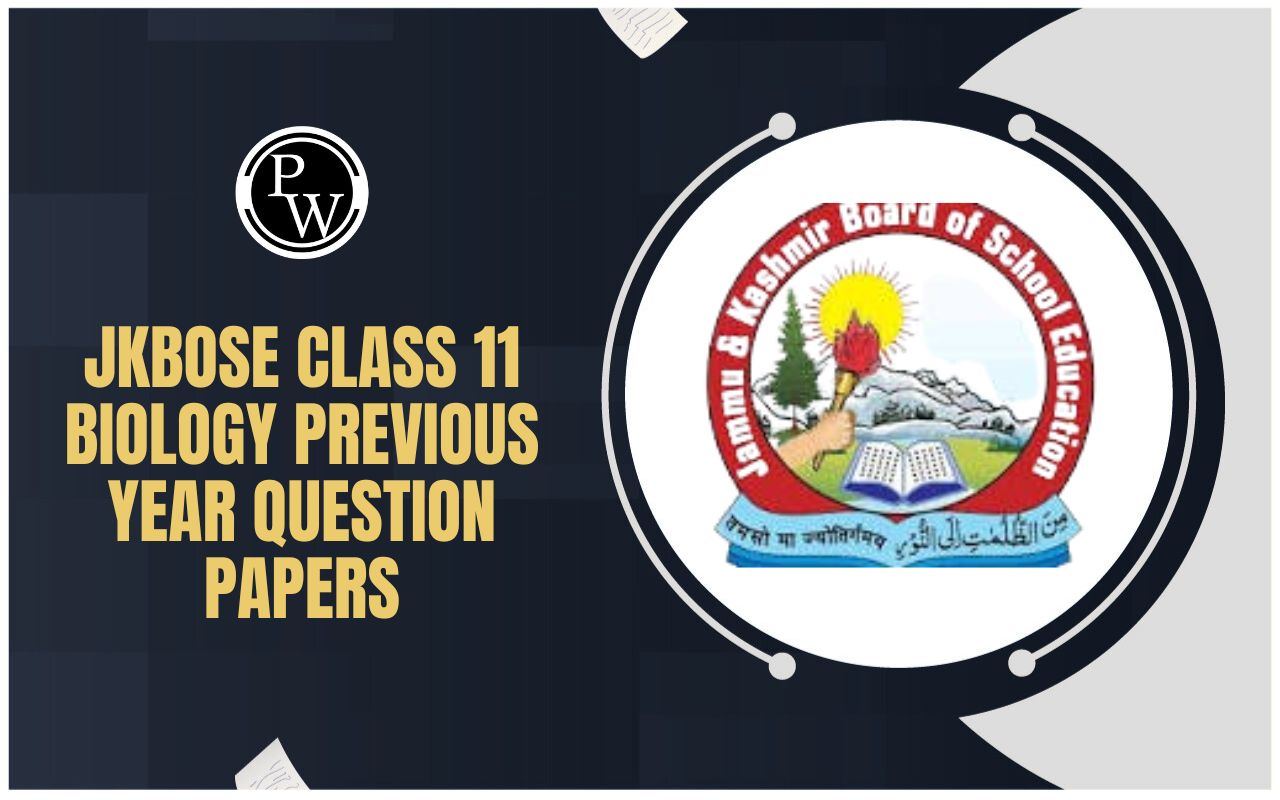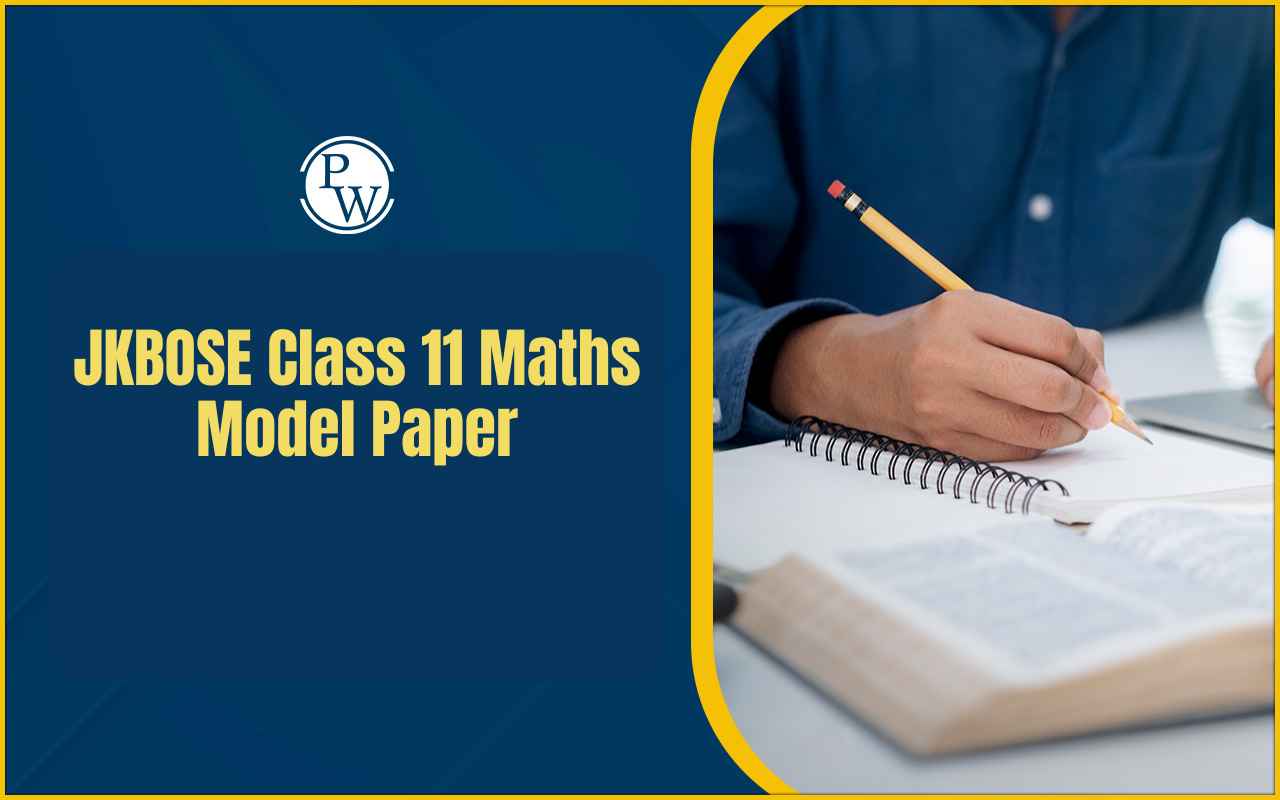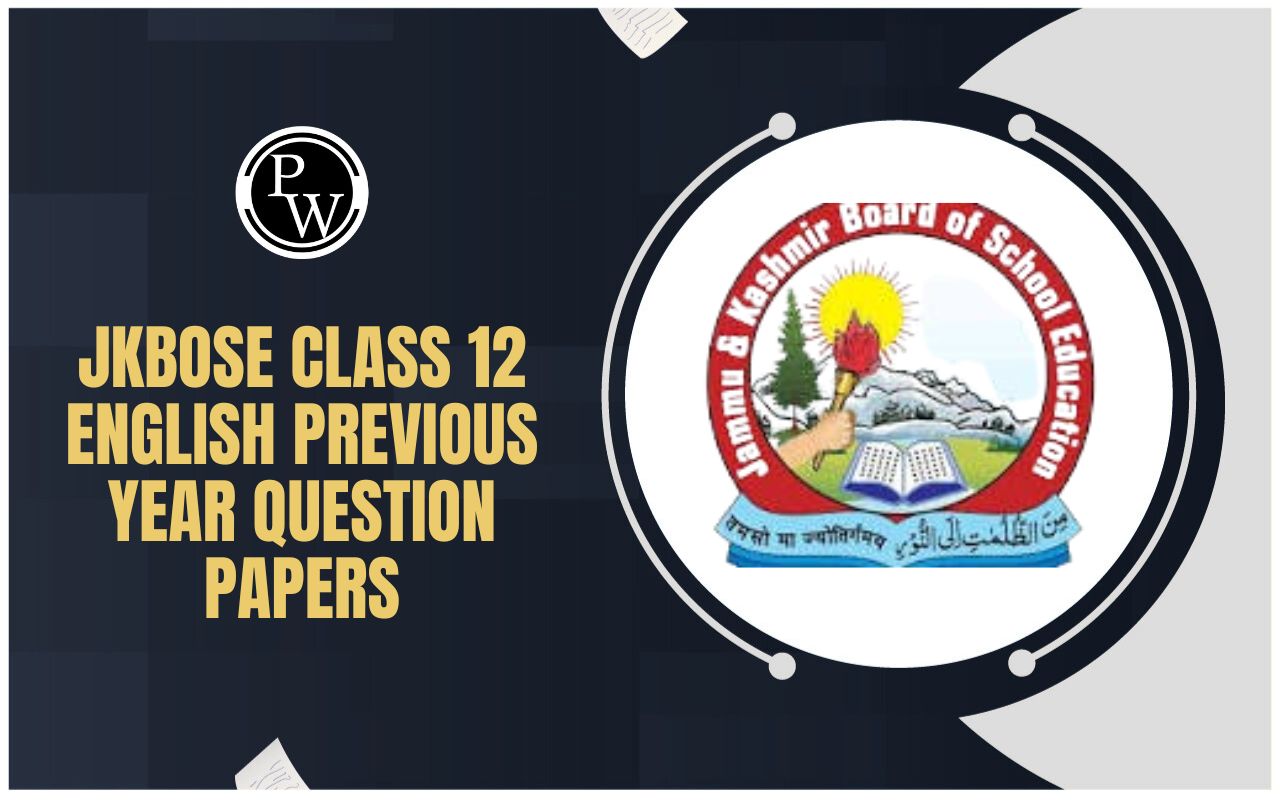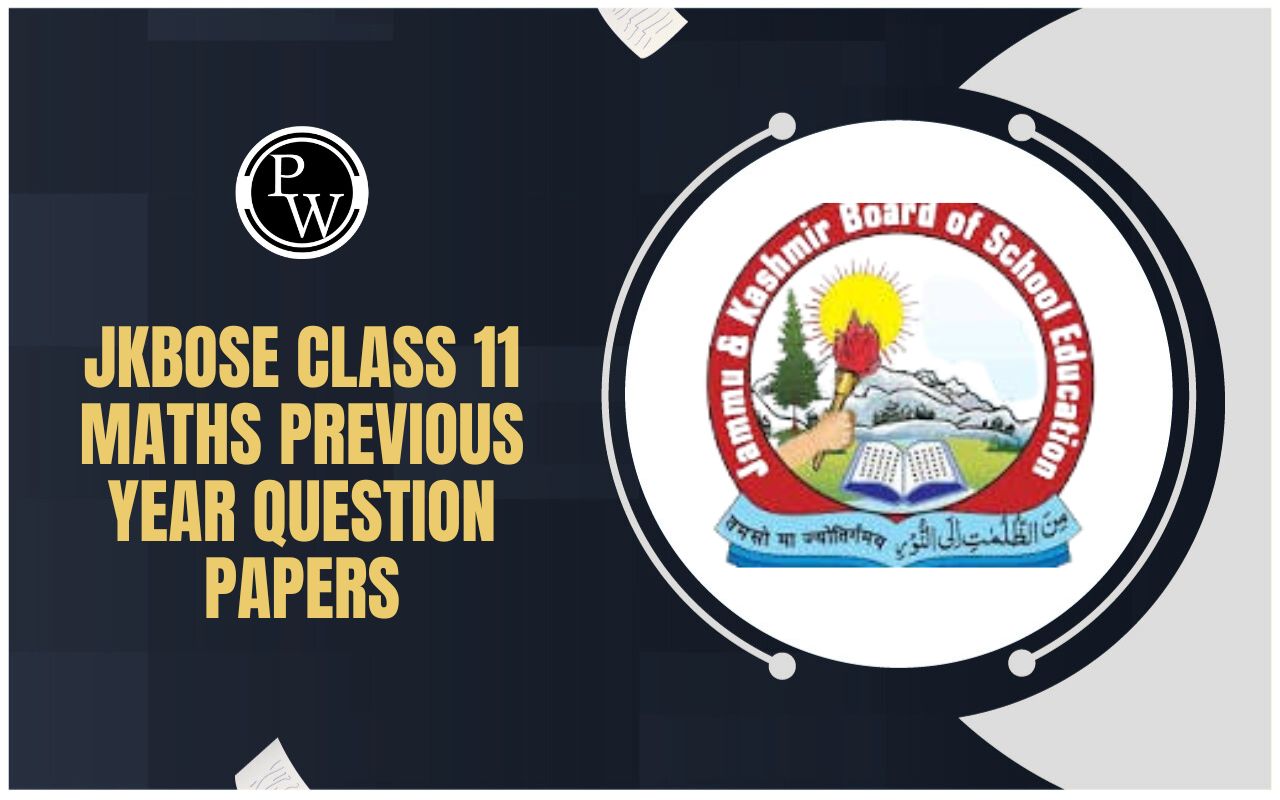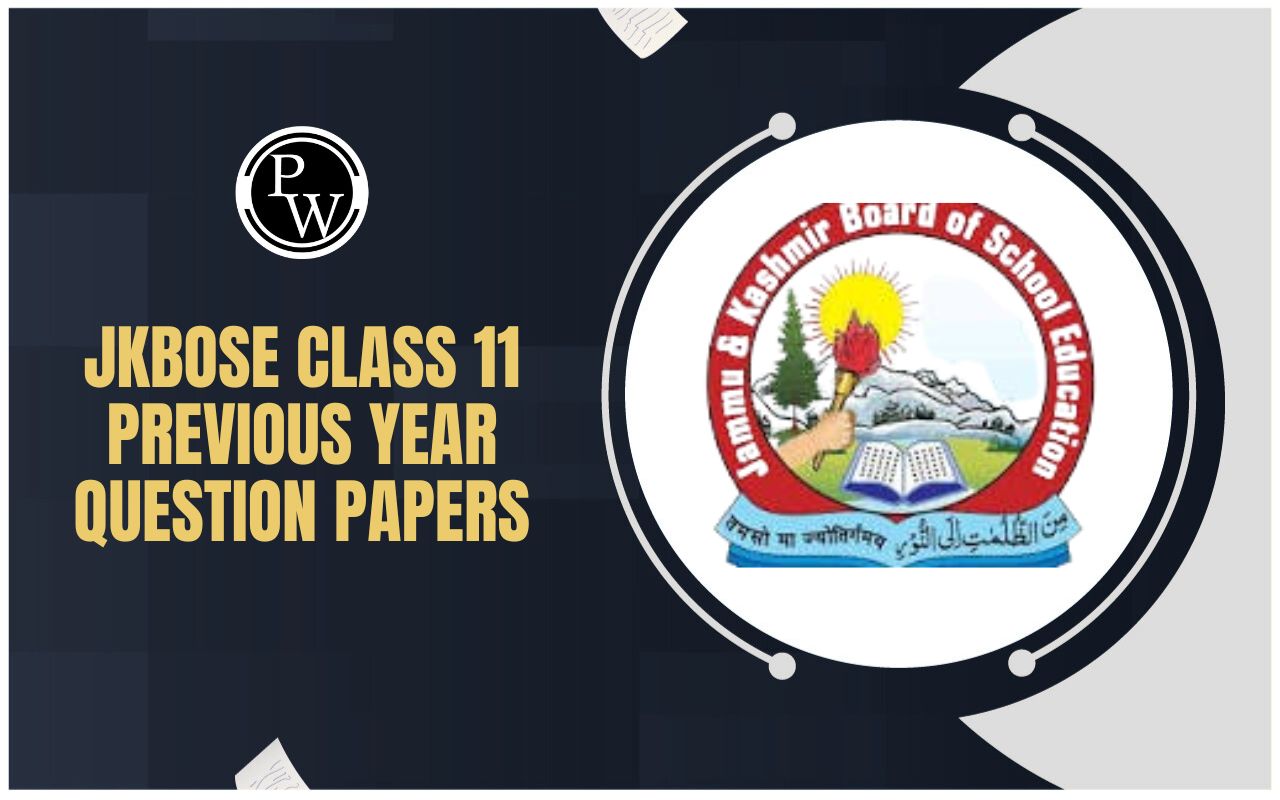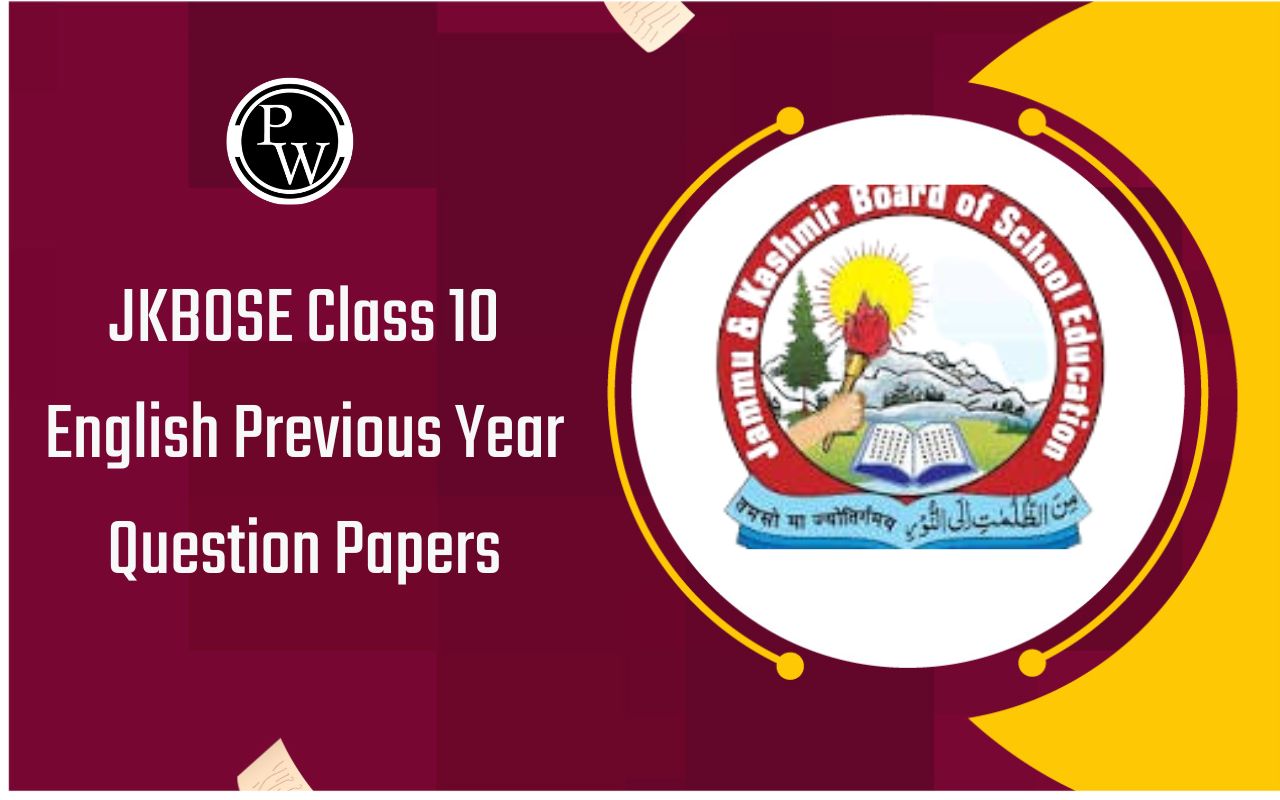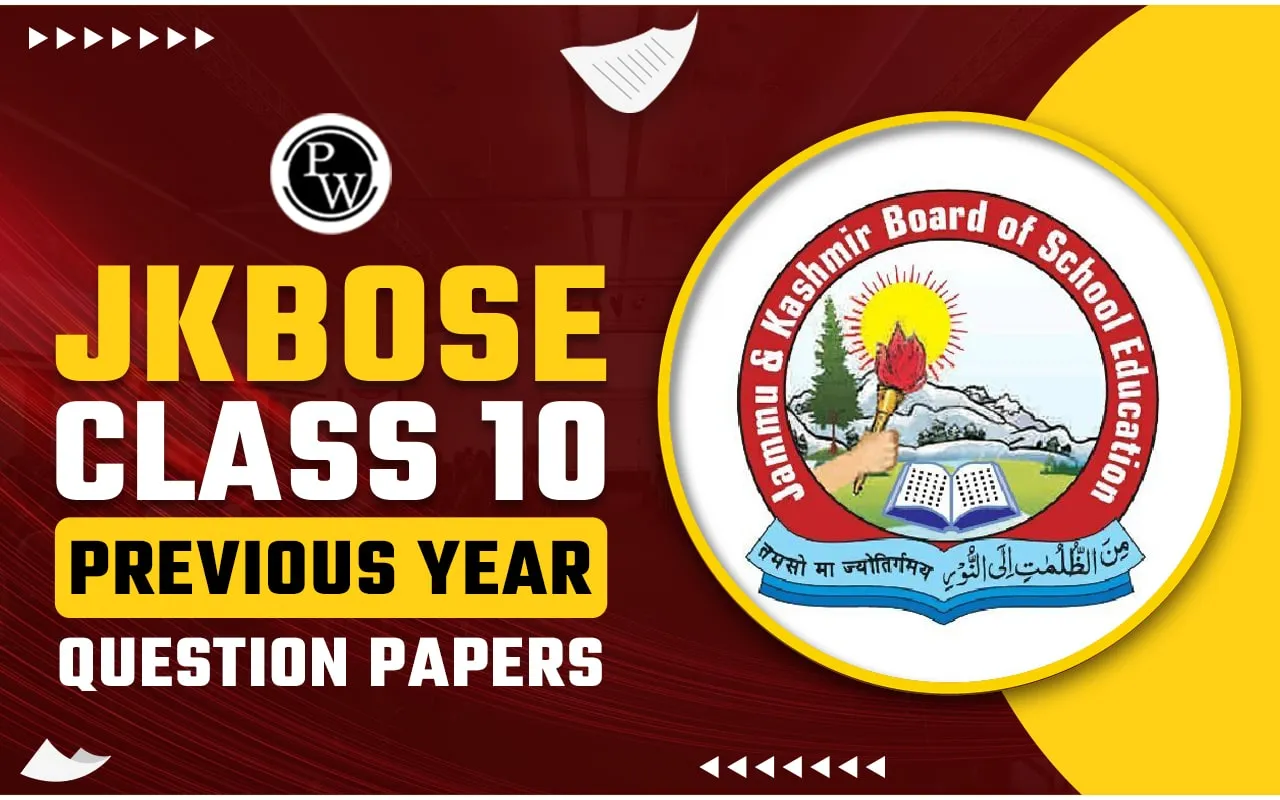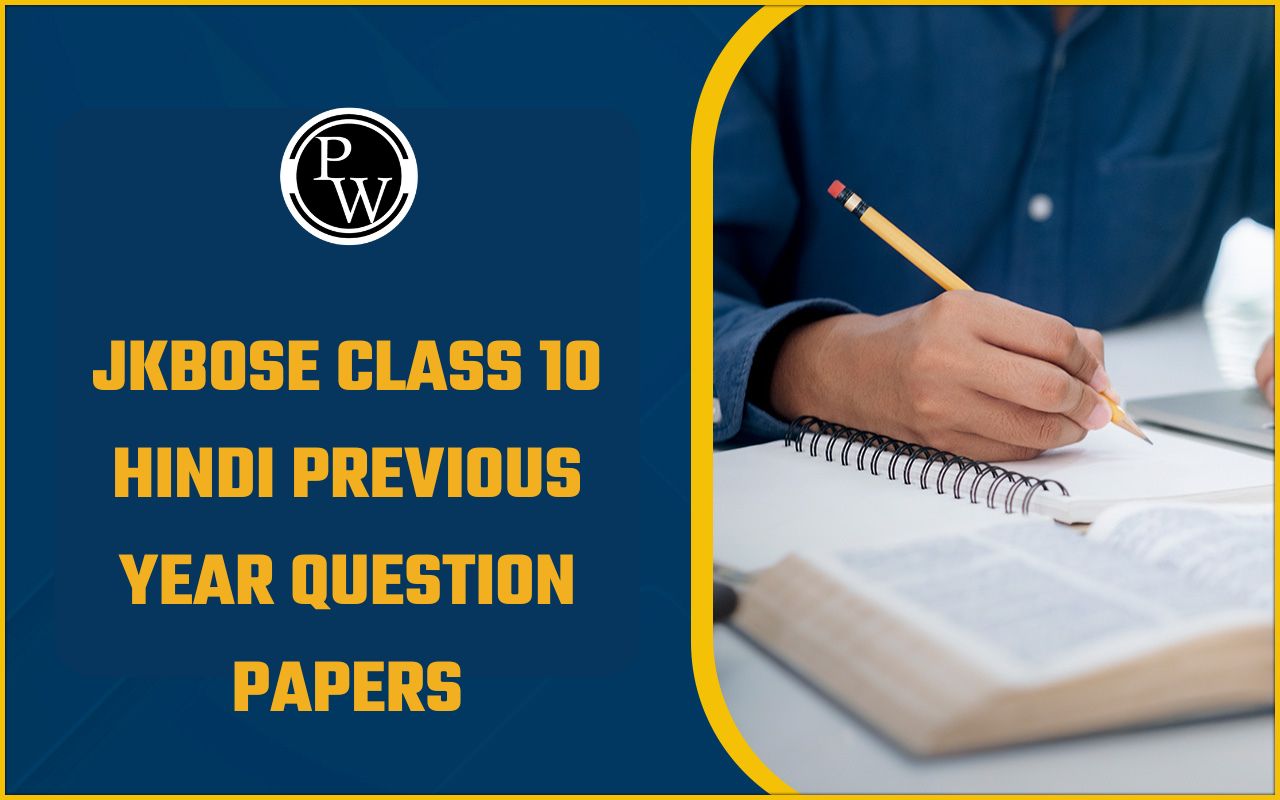
JKBOSE Class 11 Computer Syllabus 2025-26: The Jammu and Kashmir Board of School Education (JKBOSE) has released the latest Computer Science syllabus for Class 12 students for the academic year 2025–26. The syllabus has been structured to develop students’ understanding of core computer science principles, programming skills, and logical thinking.
The JKBOSE syllabus includes a balance of theoretical concepts such as software systems, number systems, and programming methodology, along with practical programming in Python. Students must go through the unit-wise syllabus and marking scheme to plan their exam preparation for both written and practical examinations.
JKBOSE Class 11th Maths Syllabus
JKBOSE Class 11 Computer Syllabus 2025-26 Overview
JKBOSE Class 12 Computer Science syllabus for 2025–26 provides students with foundational knowledge in computing, along with practical skills in Python programming. It is structured into seven theory units that cover both conceptual and application-based topics. Below is the JKBOSE Class 12 Computer Science syllabus 2025–26 overview:
|
JKBOSE Class 12 Computer Science syllabus 2025–26 Overview |
|
|
Particulars |
Details |
|
Board |
JKBOSE (Jammu and Kashmir Board of School Education) |
|
Class |
12th |
|
Academic Year |
2025-26 |
|
Subject |
Computer Science |
|
Total Marks |
100 |
|
Theory Exam |
70 Marks |
|
Practical Exam |
30 Marks |
|
Time Duration |
3 Hours (Theory) |
|
Programming Language |
Python |
|
Units Covered |
7 Units (Theory + Programming) |
JKBOSE Class 11 Computer Syllabus 2025-26 Exam Pattern
JKBOSE Class 11 Computer Syllabus 2025-26 exam pattern is also included in the syllabus to provide clarity on the type of questions included in the exam paper. The various types of questions are included in order to tests’ students on both basic understanding and practical knowledge.
To keep things balanced, the paper includes very short, short type-I, short type-II, and long answer questions. Each type carries a different weight, giving students a chance to score well based on clarity, accuracy, and explanation. Here are the types of questions included in the written exam.
-
Very Short Questions (1 mark each)
-
Short Type-I Questions (2 marks each)
-
Short Type-II Questions (3 marks each)
-
Long Type Questions (5 marks each)
JKBOSE Class 11th Economics Syllabus
JKBOSE Class 11 Computer Syllabus 2025-26 Download PDF
Students can download the official JKBOSE Class 11 Computer Syllabus 2025-26 PDF from the board’s website: jkbose.nic.in/ or even from here. The syllabus will help you determine the important yet scoring chapters. It will help you prioritize concepts and plan your study time effectively. It also includes the marking scheme, the exam pattern, and details about the practical assessment as well.
JKBOSE Class 11 Computer Syllabus 2025-26
Study without using the internet
JKBOSE Class 11 Computer Syllabus 2025-26 Marking Scheme
JKBOSE Class 11 Computer Science exam will be conducted for a total of 100 marks, divided into:
-
Written exam: 70 marks
-
Practical assessment: 30 marks
The written exam comprises 7 units, each carrying 10 marks. This helps students focus on all parts of the syllabus instead of prioritizing specific units. It includes objective questions, short answers, and Python-based logical problems.
The practical exam is also important as it carries 30 marks. It will test a student's ability to implement the programming concepts they've learned. This includes writing and executing Python code, answering viva questions, and submitting a well-maintained practical file.
Students should aim to secure good marks in both components by not only studying definitions and processes but also by understanding Python programming through continuous lab work and practice sessions. Here is the JKBOSE Class 11 Computer Marking Scheme 2025-26:
|
JKBOSE Class 11 Computer Marking Scheme 2025-26 |
||
|
Unit No. |
Unit Name |
Marks |
|
Unit 1 |
Computer Fundamentals |
10 |
|
Unit 2 |
Software Concepts |
10 |
|
Unit 3 |
Number System |
10 |
|
Unit 4 |
Programming Methodology |
10 |
|
Unit 5 |
Introduction to Python |
10 |
|
Unit 6 |
Data Types and Operators |
10 |
|
Unit 7 |
Strings in Python |
10 |
|
Total |
70 |
|
JKBOSE Class 11 Computer Syllabus 2025-26 Practical Assessment
RBSE Class 11 Computer Science 2025-26 practical assessment is conducted for 30 marks, with 10 marks allotted for internal assessment and 20 marks for the external practical. The practical component focuses on Python programming and evaluates students on their coding skills, documentation, practical file maintenance, and viva performance.
Students must complete all the listed Python programs and prepare for viva questions based on the Class 11 syllabus. Here is the list of Python programs mentioned in the syllabus:
-
WAP to display “hello world”
-
WAP to add two numbers.
-
WAP to find the length of the string.
-
WAP to convert uppercase string into lowercase and vice-versa.
-
WAP to convert temperature from Celsius to Fahrenheit
-
WAP for displaying multiline strings.
-
WAP to concatenate two strings.
-
WAP to slice a string from start to a particular position in the string.
-
WAP to replace some characters of the string with new characters.
-
WAP to find the area of a square.
Here is the JKBOSE Class 11 Computer Syllabus 2025-26 Practical Assessment:
|
JKBOSE Class 11 Computer Syllabus 2025-26 Practical Assessment |
|
|
Component |
Marks |
|
Programming (Logic, Syntax, Output, etc.) |
10 |
|
Practical File |
5 |
|
Viva Voce |
5 |
|
Total (External Practical) |
20 |
|
Internal Assessment |
10 |
|
Total |
30 |
How to Prepare for the JKBOSE Class 11 Computer Exam 2025-26?
Here are some JKBOSE 11th Preparation Tips you must follow in order to prepare well for the computer written exam:
-
Have a clear understanding of the syllabus and then plan your study time. Start by understanding foundational concepts like memory units, types of software, input/output devices, and number system conversions. These are the basic topics which are often asked directly in the written exam.
-
Python carries major weight in both written exam and practical. Practice simple programs daily. You must focus on writing code without help, fixing errors, and understand the logic behind each line. This builds both confidence and coding fluency.
-
For quick revision, you can make a sheet for definitions (like compiler, interpreter, etc.), important differences (RAM vs ROM), and diagrams (e.g., block diagram of a computer system). These short-answer questions are easy scoring.
-
Prepare for the exams from the NCERT textbook for written exam and refer to your lab manual or practical notebook for coding. Don’t skip the Python practical exercises as they often form the base of the viva and external practical evaluation.
-
Practice previous year question papers to understand the pattern and marking scheme. Also, regularly update your practical file with accurate programs.
JKBOSE Class 11 Computer Syllabus 2025-26
What is the syllabus of Class 11 computer?
What are the subjects in jkbose?
Is Class 11 computer difficult?
What is the passing mark for the Jkbose out of 70?
Can I take 5 subjects in class 11?



